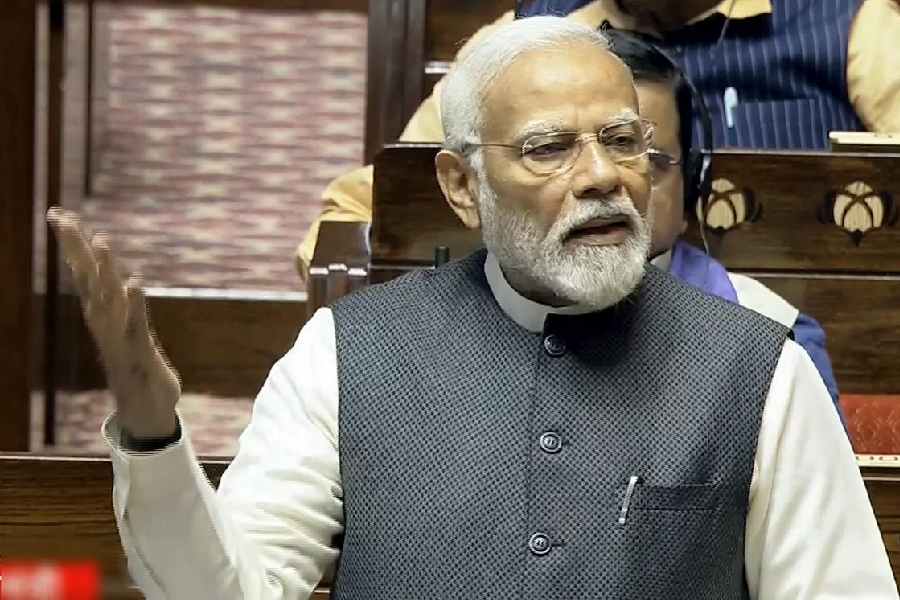The release of eight former Indian naval officers by Qatar this week after they were jailed for nearly a year and a half and initially sentenced to death marks a win for quiet diplomacy by New Delhi. Seven of the eight men have been confirmed to have returned to India. On Wednesday, Prime Minister Narendra Modi began a two-day trip to Doha, aimed at building on the goodwill that the release of the former prisoners has generated between two nations with cordial but complex ties. Much about the case against the former officers remains unclear, as do the details of the arrangement through which their release was secured. Some reports have suggested that the men had been charged with spying for Israel, but neither India nor Qatar has ever confirmed those claims. Last week, India signed a $78 billion deal to import liquified natural gas from Qatar until 2048. Again, there is no clarity on whether the gas pact was in any way part of the agreement between the two countries that helped facilitate the release of the Indians who were under arrest in Qatar.
While transparency in governance is a virtue, public silence can be an ally in diplomacy. Unlike the series of spats with countries ranging from Canada to the Maldives, when the Indian government either led public criticism of an important partner or allowed it to continue unchecked, New Delhi dealt with the crisis in Doha with maturity. There were no expulsions of Qatari diplomats; social media campaigns by government-aligned influencers mocking or abusing the Arab nation did not take place either. Even as India insisted on the innocence of the eight men who were held in Qatar, it engaged in backroom negotiations that first resulted in their sentences being commuted and, finally, in their pardon. The favourable outcome from India’s perspective contrasts starkly with the challenges New Delhi faces elsewhere — Canada has doubled down on its investigations into allegations of an Indian hand in last year’s assassination of the Sikh separatist, Hardeep Singh Nijjar, while the Maldives plans to eject Indian troops from the archipelago. Now, as Mr Modi visits Doha, a new test awaits his government and party. So far, India’s response to the release of the men in Doha has been measured. New Delhi has thanked Qatar’s emir and has avoided overt domestic chest-thumping even though the general election is on the horizon. For India’s sake, Mr Modi must not waver from this approach.










